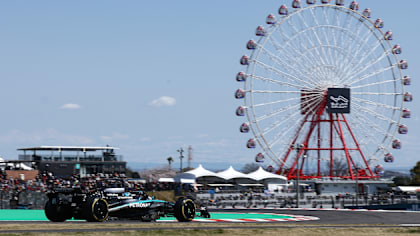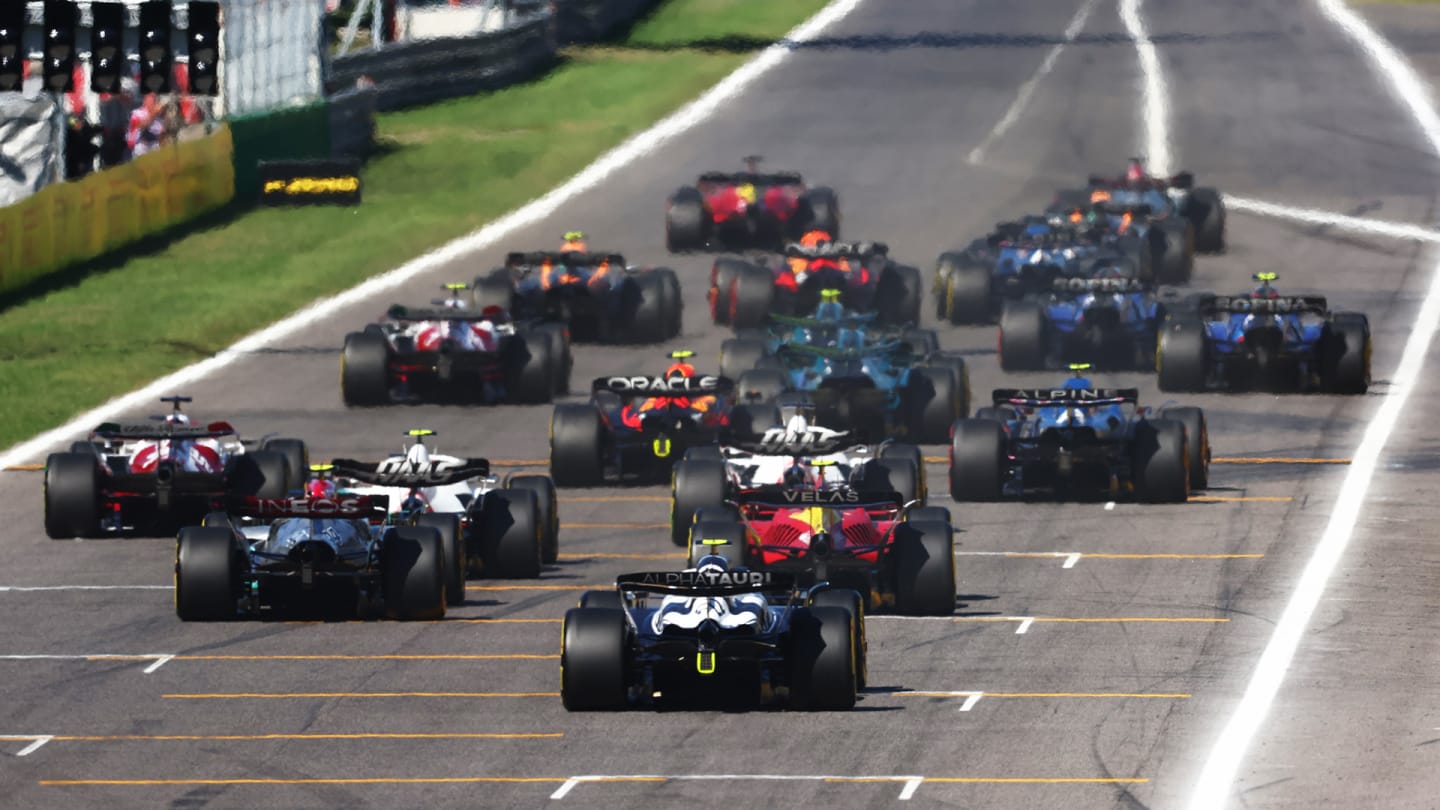
Feature
From cutting curfews to grid penalties – 10 rule changes you need to know about for the 2023 F1 season
Share

While F1’s rules are remaining largely the same in 2023 following last year’s major reset, there are still technical and sporting changes of note for the campaign ahead, as we explain in our pre-season rundown…
1. Ride height and diffusers adjusted
With some teams encountering porpoising upon the arrival of F1’s new-spec cars last year, which feature ground-effect aerodynamics, a set of floor-based flexibility and monitoring measures arrived for the second half of the 2022 season, and more have been outlined for 2023.
In short, four additional changes will come into play this year: floor edges have been raised by 15mm; the diffuser throat height has been raised; the diffuser edge stiffness has been increased; and an additional sensor has been mandated to more effectively monitor the porpoising phenomenon.
These adjustments should, in theory, make significant porpoising a thing of the past and, as such, keep the focus on the thrilling action that F1’s rules reset has delivered.
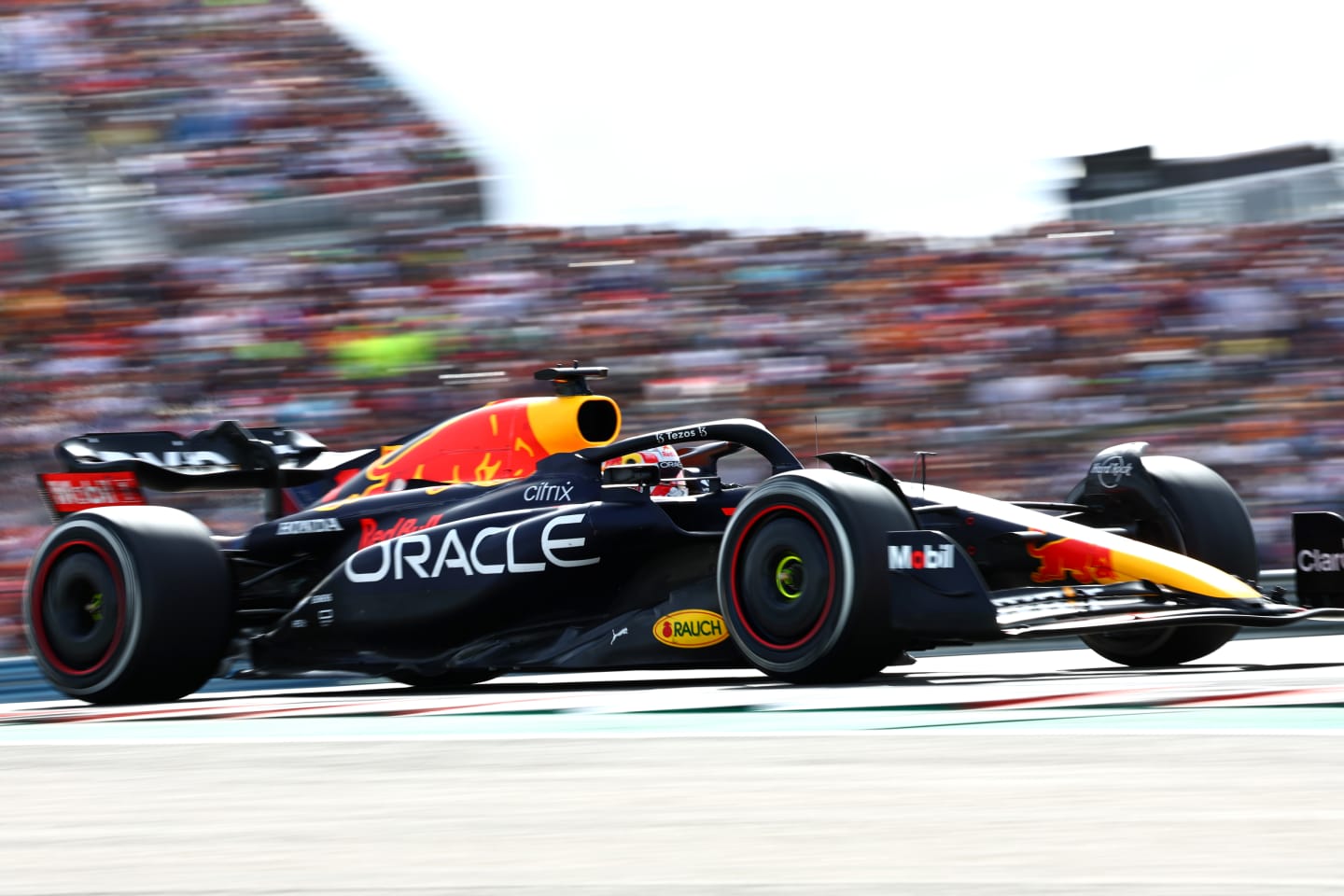
There was plenty of attention on car floors amid F1’s 2022 rules reset
2. Stronger roll hoops after Zhou’s crash
Alongside the changes aimed at porpoising, there are tweaks to the safety standards for F1 car roll hoops after the frightening crash experienced by Zhou Guanyu at the start of the 2022 British Grand Prix, which involved his Alfa Romeo sliding along the track upside down.
The 2023 Technical Regulations now state that a rounded top is required on the roll hoop, which will reduce the chance of it digging into the ground during an accident, while they also ensure a minimum height for the point of application of the homologation test.
Additionally, there will be a new physical homologation test where the load pushes the roll hoop in a forward direction.
3. A reduction in the minimum car weight
F1 car weight was a major talking point ahead of the 2022 season, with teams up and down the grid battling to get as close as possible to the 798kg limit (without fuel) amid one of the biggest regulatory changes in the sport’s history.
As F1’s new era develops, a reduction of 2kg – to 796kg – is being implemented for 2023, meaning the designers will be trying to shave off even more weight from their latest challengers.
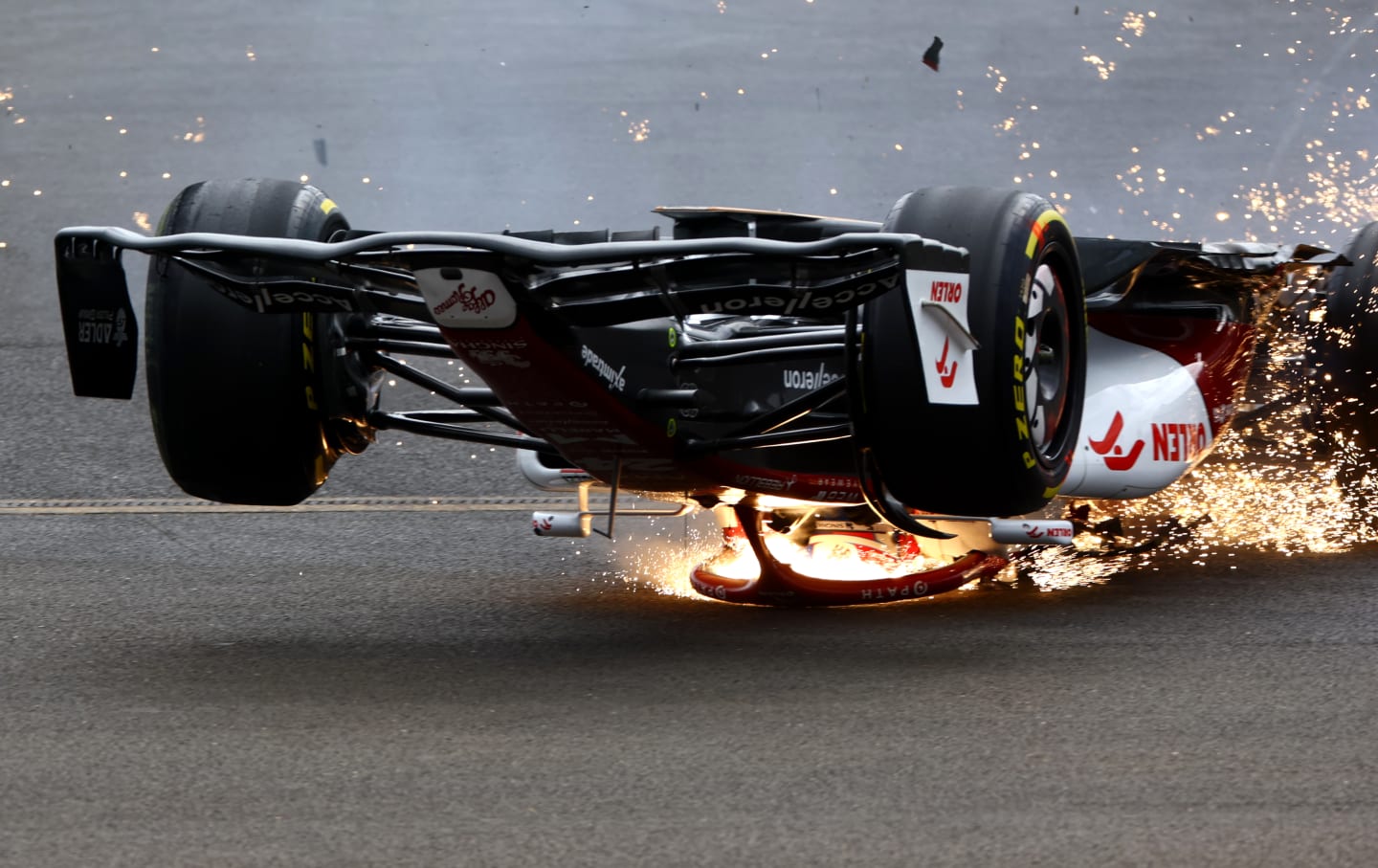
Zhou’s scary Silverstone crash has led to roll hoop changes
4. Revised mirrors to improve driver visibility
In an attempt to increase driver visibility, there will be a change to rear-view mirrors on F1’s 2023-spec cars, with the width of the reflective surface increasing by 50mm from 150mm to 200mm.
Following tests by Red Bull and Mercedes in Hungary and Belgium respectively last season, the entire grid got involved at the Dutch Grand Prix, and the changes have now been written into the regulations.
5. Double the number of Sprint events
An exciting development for 2023 sees the number of Sprint events doubled from three to six. Azerbaijan (Baku), Austria (Red Bull Ring), Belgium (Spa-Francorchamps), Qatar (Lusail), the United States (Circuit of The Americas) and Sao Paulo (Interlagos) are the venues chosen, following on from extensive research into their suitability.
Not only that, the format is changing – tweaks for this year mean the Sprint will effectively become a standalone feature of race weekends when the format is used, with the outcome bearing no impact on the grid for the Grand Prix itself.
Fridays will now include a practice session followed by a standard qualifying session to set the grid for Sunday’s Grand Prix. Saturdays will see practice replaced by an additional, shorter qualifying session called the Sprint Shootout. This will set the grid for the subsequent 100km Sprint.
Meanwhile, Sprint accident damage allowance will now be a fixed amount per team, for each race weekend that includes a Sprint session. The forfeit allowance amount for each Sprint will double to $300k from 2023 onwards, while all other Sprint damage allowances will be removed.
Alongside this, parc ferme rules on Sprint weekends are under review for 2023, with the aim of simplifying the set-up-locking process, after the FIA cited a “significant increase in parc ferme requests" between Friday’s qualifying session and Saturday’s Sprint.
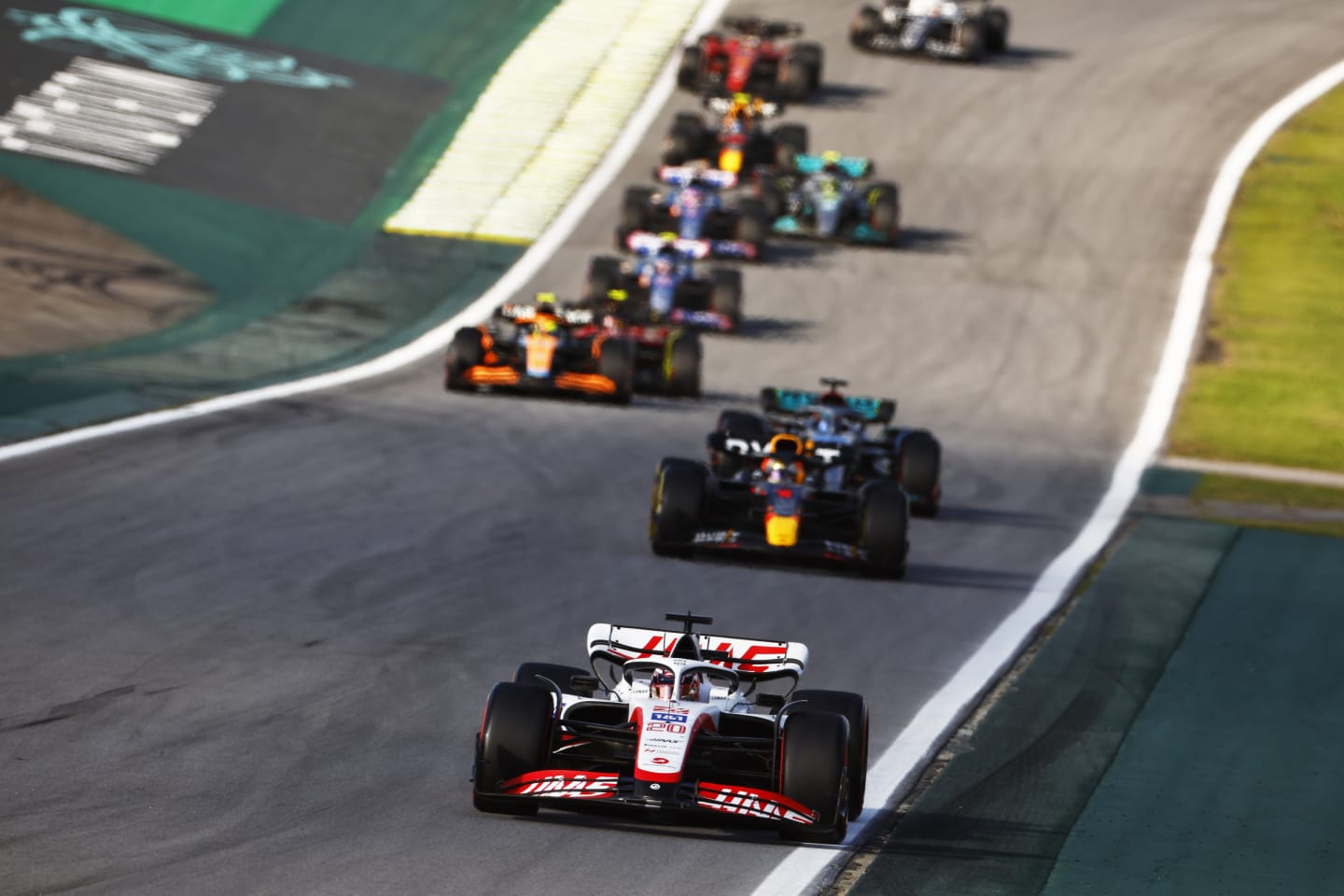
F1’s Sprint events brought plenty of action and drama again last season
6. Paddock working hours cut
The number of hours worked by F1 team members across race weekends will be reduced in upcoming seasons, with the third of three restricted periods (effective on Fridays) beginning an hour earlier this year, and another hour set to be knocked off in 2024.
To complement the move, the number of curfews permitted for the first (Wednesday) and second (Thursday) restricted periods will also be cut in half, from eight to four and six to three respectively, again with another cut planned for next year.
7. Qualifying format and DRS trials
A ‘Revised Qualifying Format’ (RQF) will take place at up to two events in 2023 “for the purpose of evaluating whether the revisions are suitable for subsequent championships” – as per the updated regulations.
This will see tyre compounds mandated for each stage of F1’s usual three-part qualifying session: hard tyres only in Q1; mediums tyres only in Q2; and, finally, soft tyres only in Q3. Intermediates and wets will be allowed if the RQF sessions are declared wet.
At RQF events, each driver may use no more than 11 sets of dry-weather tyres, four sets of intermediate tyres and three sets of wet-weather tyres. This compares to the normal weekend allowance of 13 sets of dry-weather tyres, four sets of intermediate tyres and three sets of wet-weather tyres.
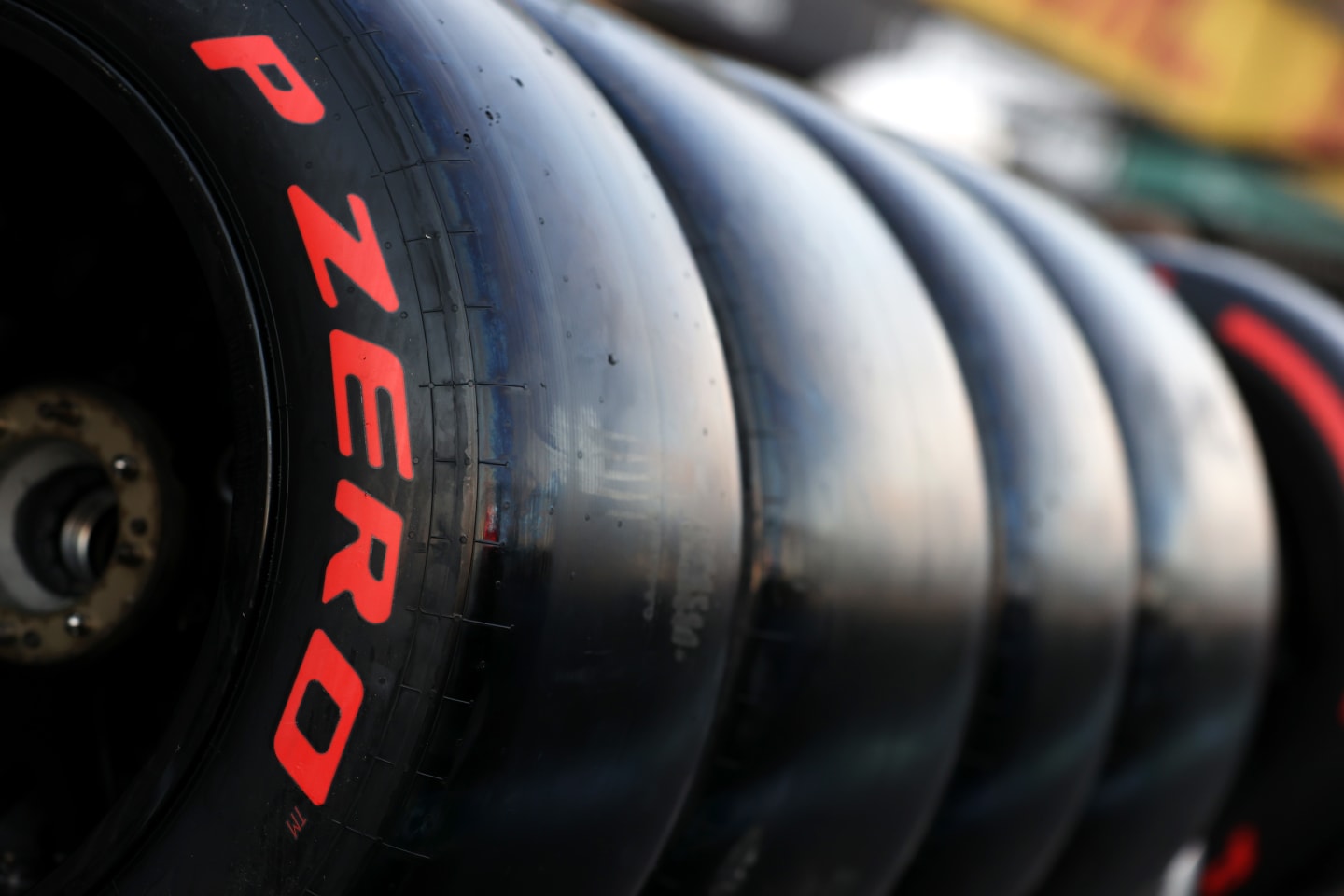
F1 will carry out tyre-focused qualifying trials at two events this year
As for DRS, its activation after the start, race restart or Safety Car restart will also be evaluated, with the F1 Commission exploring the possibility of bringing this forward by one lap at the start of a race or Sprint or Safety Car restart.
“This will be trialled during each Sprint session in 2023 with a view to introducing it for all races in 2024,” the FIA have stated.
8. Tweaks around gearbox changes
While changes to teams’ homologated gearboxes were only previously permitted “to resolve reliability problems” or “for cost saving, at the start of each season”, modifications are now permitted “in the case of materials, processes or proprietary parts becoming unavailable”.
Nonetheless, clear documentation justifying the change must be provided in all cases, prior approval must be obtained from the FIA, and the modification must not give any performance advantage. A summary of the modification will then be circulated to all teams by the FIA.
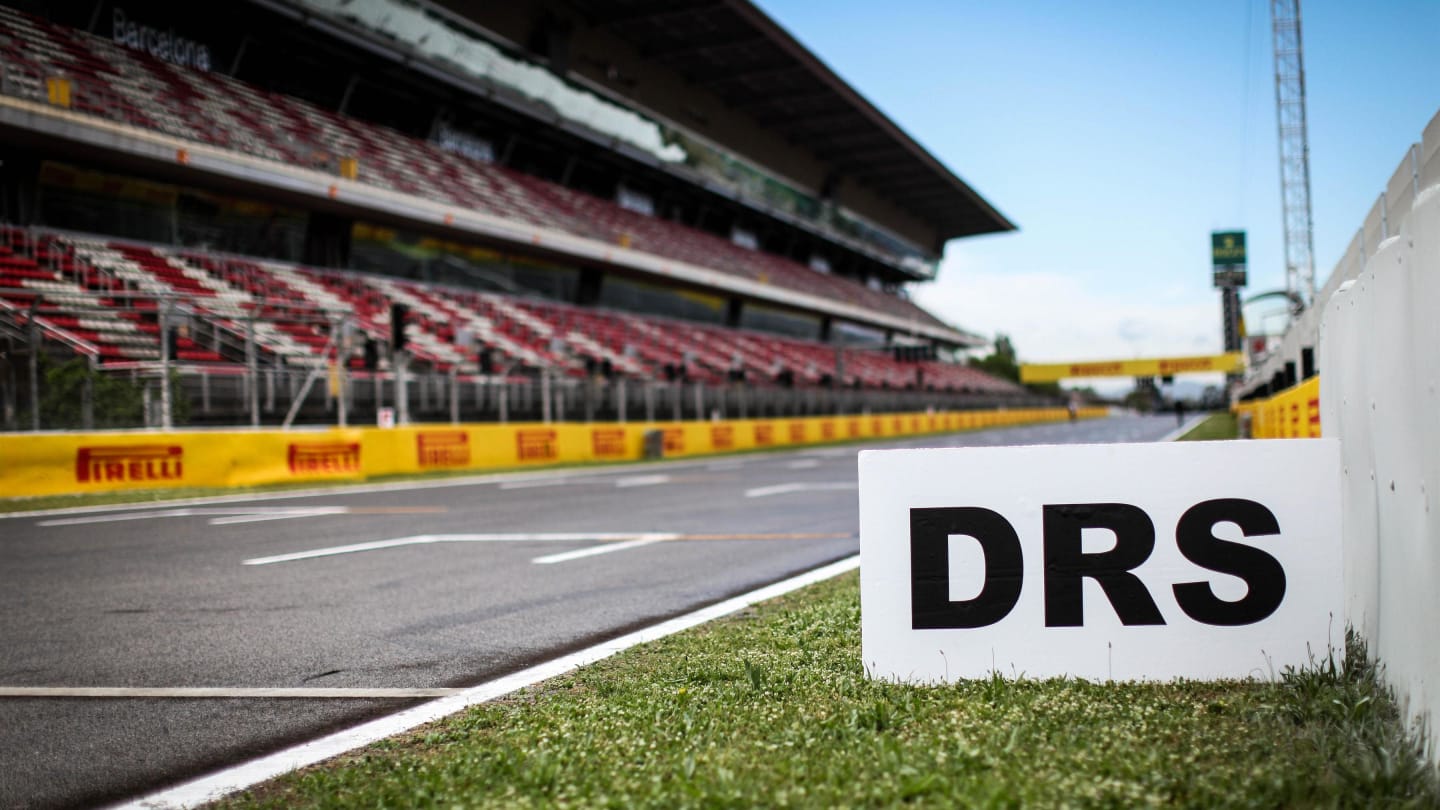
DRS was introduced in 2011 and has added to the F1 spectacle
9. A move to clear up penalty confusion
Grid penalties came under the spotlight at last year’s Italian Grand Prix, where a host of drivers took power unit and gearbox related drops and turned the order on its head. Following some confusion over how these were applied, the wording of the regulations has been updated.
The relevant section now reads: “Classified drivers who have accrued more than 15 cumulative grid position penalties, or who have been penalised to start at the back of the grid, will start behind any other classified driver. Their relative position will be determined in accordance with their qualifying classification.”
10. More flexibility to cool fuel
A small change on paper could have an impact on reliability in 2023, particularly at hotter races, with some extra freedom being given to teams regarding the cooling of fuel.
For 2023, fuel in a car must not be colder than the lowest of either 10 degrees centigrade below ambient temperature, or 10 degrees centigrade (this being cut from 20 degrees), at any time when the car is running after leaving the competitor’s designated garage area.
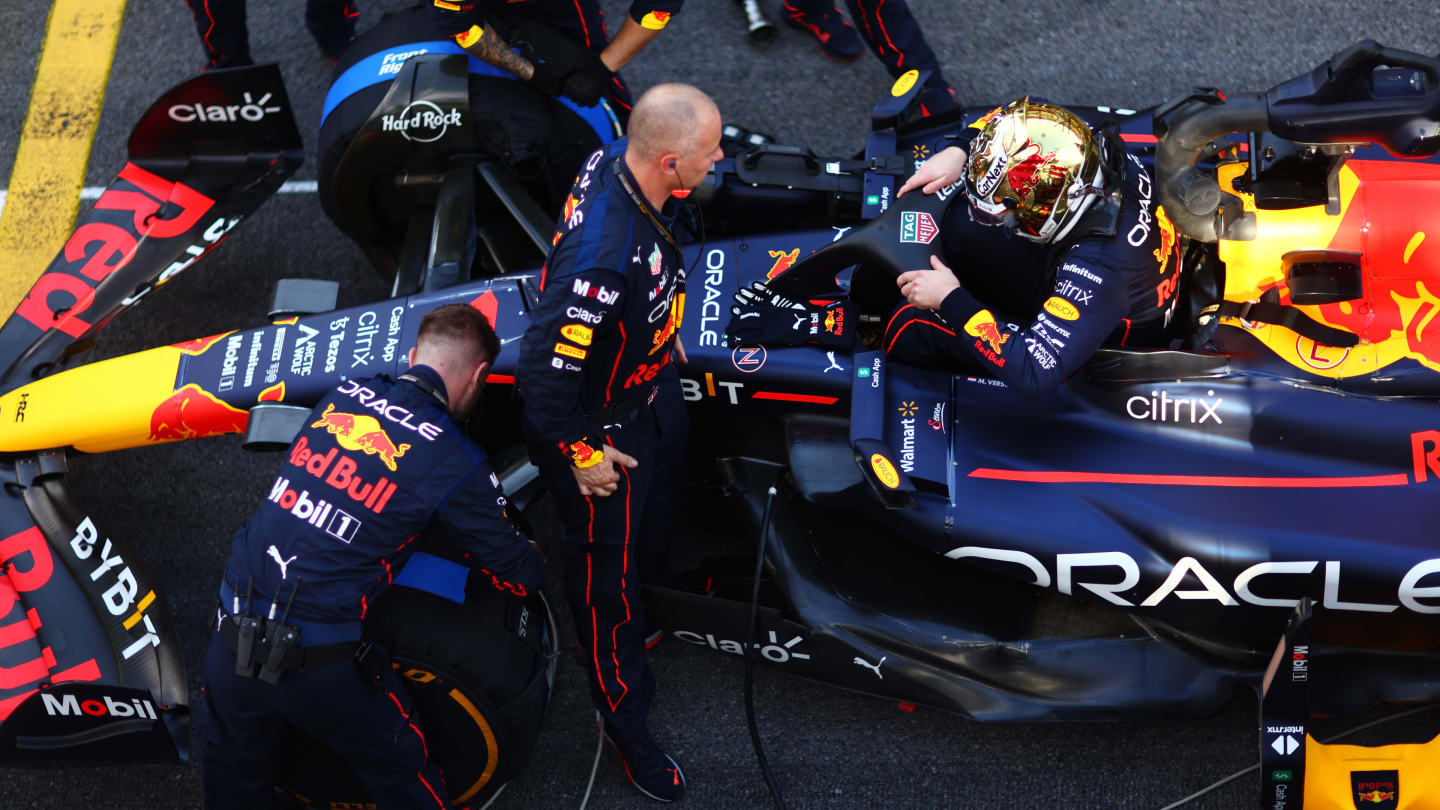
There should no longer be any questions over where a driver will line up on the grid in the event of penalties
What else could follow in 2024?
Beyond these 10 changes made ahead of the 2023 season, there are also plenty of initiatives in the works – or at least being considered – for 2024 onwards…
A “significant overhaul” of roll hoop safety tests is planned from next year, again following on from Zhou’s heavy crash, with the goal of future F1 cars being able to resist more significant loads.
Discussions around grid penalties will also continue, while the F1 Commission has delayed final talks – until July 2023 – on the potential removal of tyre blankets for 2024.
Regulatory changes are subject to approval by the World Motor Sport Council.
YOU MIGHT ALSO LIKE

Video WATCH: Ride onboard as Piastri set the fastest Friday lap at Suzuka
News ‘It definitely feels different’ – Lawson opens up on how Racing Bulls car compares to Red Bull’s after Friday practice at Suzuka
News ‘Incredibly rewarding’ – Verstappen hails ‘insane’ lap in Suzuka as he seals first Grand Prix pole since Austria 2024
FeatureF1 Unlocked PRACTICE DEBRIEF: Who’s on top and who’s got work to do after a red flag-filled Friday in Suzuka?



